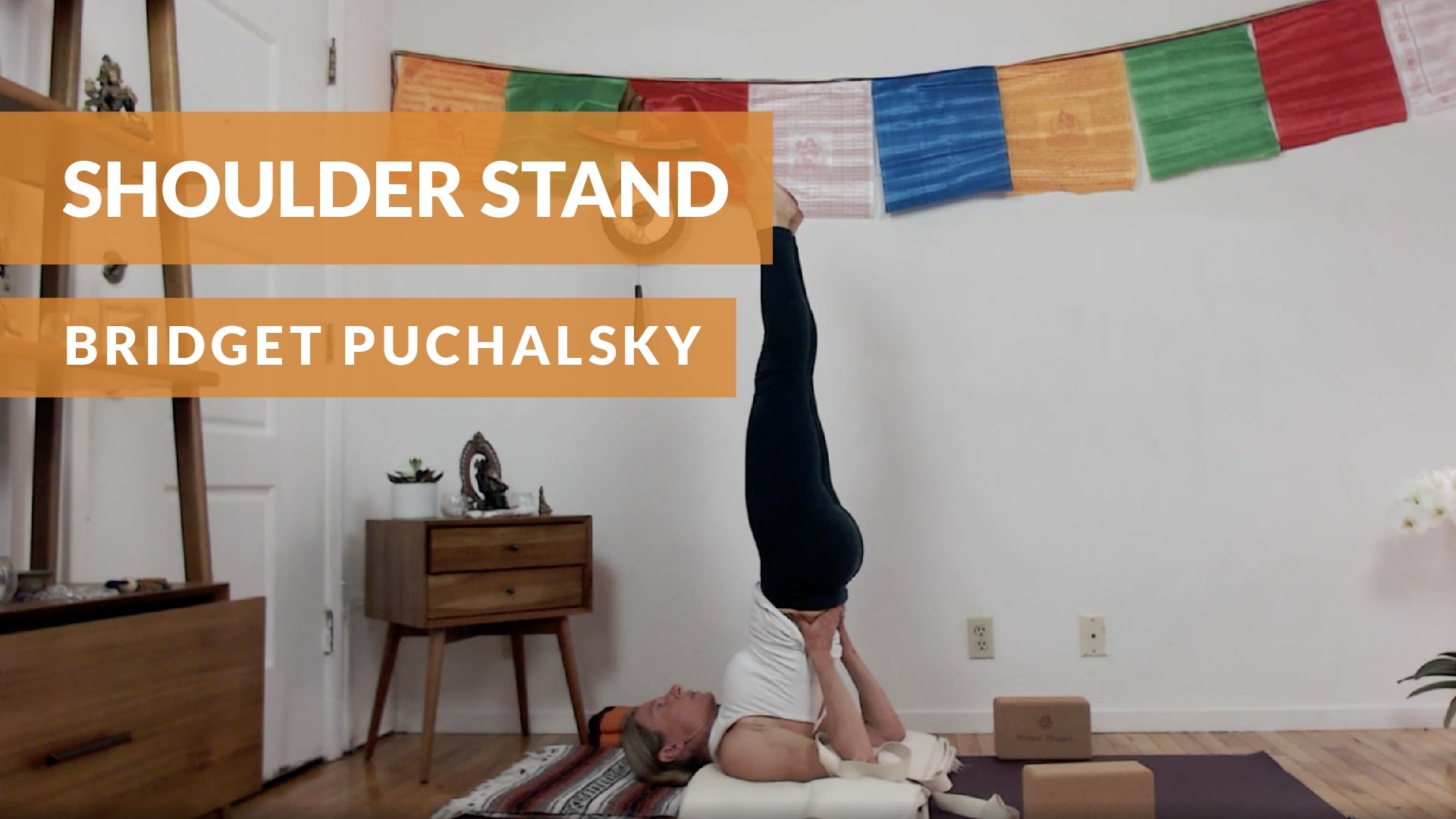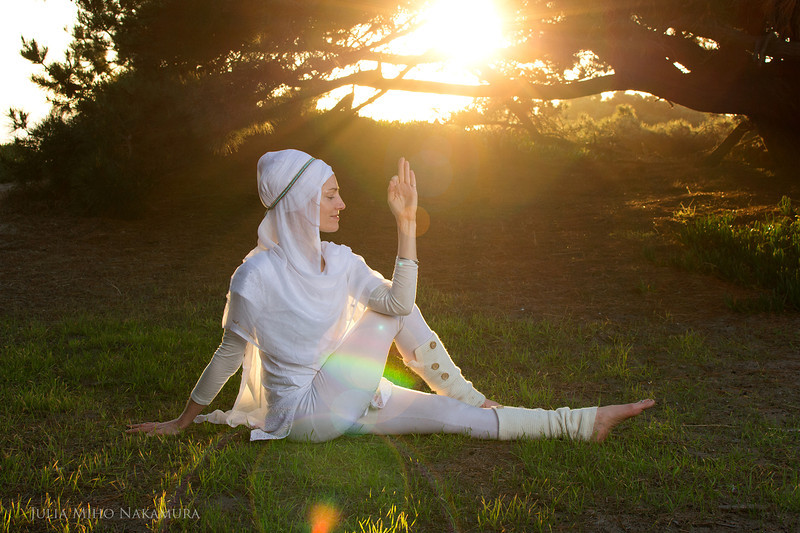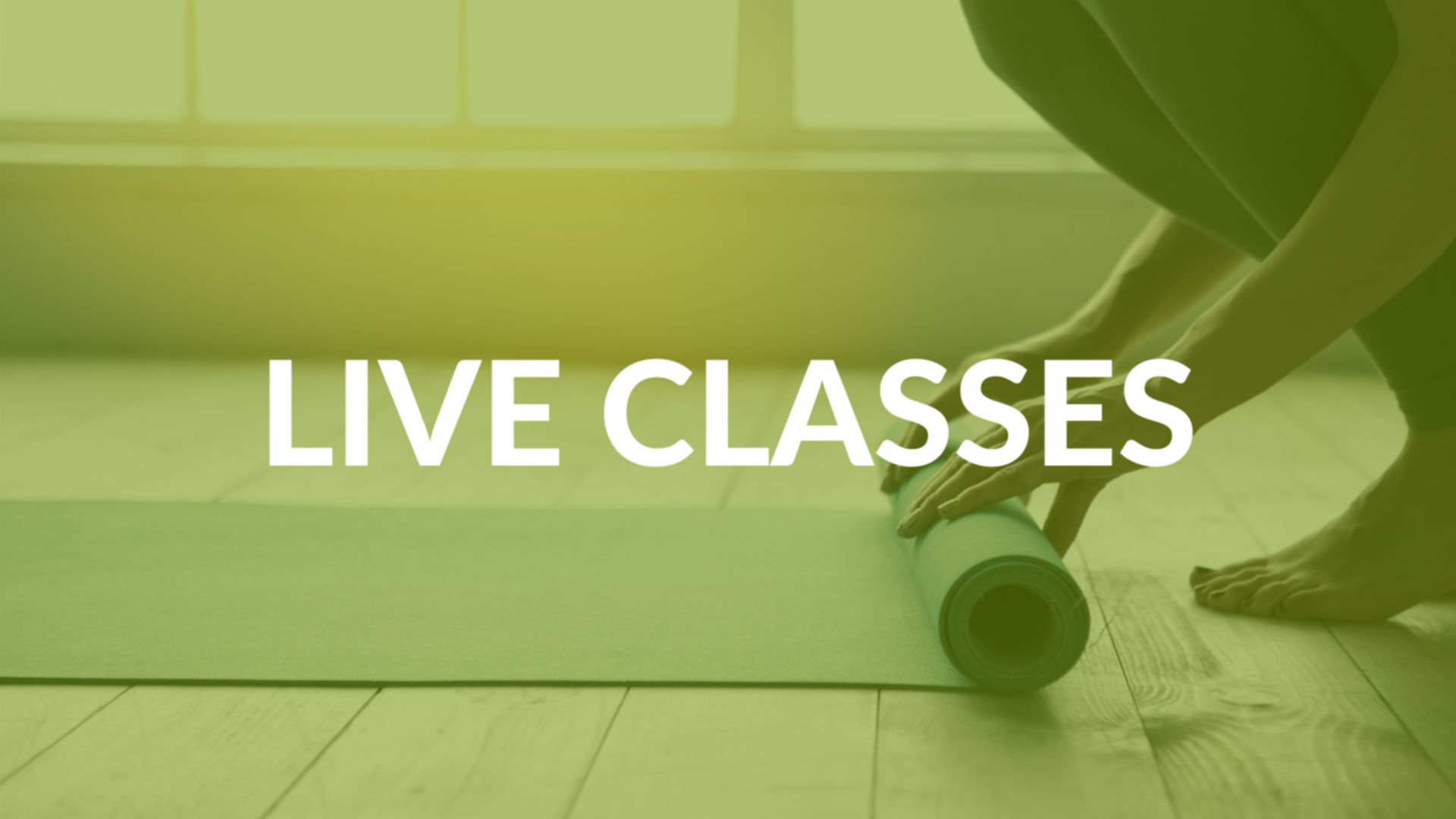We often encounter circumstances that trigger strong emotional reactions. Shifting these reactions requires practice, consistency, and adaptation. This exercise assists us in transforming reactive emotional energy. It’s called the Virtue Exercise and helps to improve our relationships and connections with others.
In a moment of reactivity, choose a word that defines what another may need from you or how you desire to act in a given situation. The goal is to embody and become that emotion, feeling, or trait. You are no longer being your “self,” but being and acting as the emotion itself.
Here are some possible situations:
- If I find myself in a disagreement with my child, I might ask, “How would calm react in this moment?”
- “What would compassion or warmth say in this situation?”
- When I conflict with a friend, I might ask, ” What would acceptance say in this circumstance?”
- “If I were kindness or forgiveness, how would I respond to this incident?”
- In a difficult situation, I might ask, “How would courage act in this predicament?”
- “How would I react in this moment if I were confidence?”
By embodying and leading from a heart-based virtue, you shift your emotional state, thereby transforming your internal energy as well as your external reaction. As you continue to practice, you will find both your inner and external worlds undergo a transformation and your relationships improve.
You will often hear me say, “The transformation of our world begins with the transformation of our self.” This powerful truth will be realized when we recognize that transforming our “self” begins with practice, consistency, and daily positive life-affirming choices.
















